When navigating the U.S. immigration process, one of the essential requirements for many applicants is to provide proof of vaccination. However, for some individuals, fulfilling these vaccination requirements can be difficult or undesirable due to various reasons. Fortunately, the U.S. immigration system allows for certain exemptions or waivers under specific circumstances. This article will guide you through the types of waivers available for vaccination requirements during the U.S. immigration process, particularly for individuals who cannot or choose not to get vaccinated due to age, medical conditions, or religious beliefs.
1. Age-Related Exemptions
One of the most straightforward exemptions from vaccination requirements in U.S. Immigration is based on the applicant’s age. The Center for Disease Control and Prevention (CDC) sets age-specific vaccination guidelines for immigrants.
-
- Children under the age of 2: These individuals are typically exempt from some vaccination requirements, as it is not recommended to administer certain vaccines to very young children.
- Individuals over the age of 65: In some cases, older applicants may be granted a waiver if the required vaccines are considered unnecessary or impractical for their age group. This is more likely to apply to vaccines that are not typically given to the elderly unless there are specific medical reasons for the vaccine.
It is important to note that each case is evaluated on an individual basis, and age exemptions are not automatically granted. You will need to provide relevant documentation to support the claim.
For more specific information regarding age requirements, you can visit the CDC’s comprehensive guide or take a look at the summary table.
2. Medical Exemptions
Medical reasons are another valid basis for an exemption from vaccination requirements. The U.S. immigration system recognizes that certain health conditions may make vaccinations unsafe or inappropriate. These exemptions are particularly important for individuals with compromised immune systems, pregnancy, or other medical conditions that could make a vaccine more harmful than beneficial.
-
- Pregnancy: For pregnant individuals, certain vaccines might pose a risk to their health or the health of their unborn child. The CDC offers guidelines stating that pregnant people should not receive live vaccines, such as the measles, mumps, rubella (MMR) vaccine, or the varicella (chickenpox) vaccine. If you are pregnant and unable to receive a required vaccine, you may qualify for a medical exemption.In such cases it is crucial to provide documentation from a healthcare provider to support the claim that vaccination during pregnancy could pose a health risk. This documentation should explain the specifics of the medical condition and why it precludes vaccination at the time.
- Immunocompromised individuals: Immunocompromised individuals, such as those undergoing cancer treatment, recipients of a solid-organ transplant or a pancreatic-islet transplant who take immunosuppressive therapy, individuals with moderate or severe primary immunodeficiency (such as DiGeorge syndrome, Wiskott-Aldrich syndrome or others), or individuals with advanced or untreated HIV infections or AIDS may be unable to receive certain vaccines because their weakened immune systems could make them more susceptible to adverse effects.These individuals are often granted medical exemptions due to the potential risks posed by vaccines.If you are immunocompromised, you will need to provide a detailed medical history and current health status from your healthcare provider. This documentation should demonstrate that vaccination would pose a significant health risk.For more information you can visit the CDC’s Guide for Immunocompromised Travelers.
3. Waiver for Religious Reasons
Religious beliefs against vaccination are another valid ground for a waiver, particularly if an applicant’s faith prohibits or discourages the use of vaccines. The U.S. immigration system respects the rights of individuals to practice their religion freely and has provisions that allow for religious exemptions from vaccination.
If you are seeking a religious exemption, you will need to demonstrate that the vaccine contradicts the teachings or beliefs of your religion. This may involve submitting a personal statement or affidavit outlining the religious basis for your refusal to be vaccinated. Some applicants may also need to provide letters from religious leaders, religious institutions or members of the applicant’s congregation verifying that the belief is sincerely held within their faith community.
It is important to note that religious exemptions are not automatically granted. You must provide credible evidence of your religious convictions and demonstrate that they prevent you from complying with vaccination requirements.
How to Apply for a Waiver
If you believe you qualify for a vaccination waiver, the first step is to consult with an immigration attorney or legal expert. They can help you navigate the application process and ensure that you provide the necessary documentation to support your exemption request. The process typically involves submitting a religious exemption affidavit as part of your immigration application.
The U.S. government may also require that applicants seeking waivers undergo additional evaluations, interviews, or provide further documentation before granting an exemption.
Why Work with an Experienced Immigration Attorney?
While vaccination is a standard requirement for U.S. immigration, exemptions are made for individuals who cannot or do not wish to receive certain vaccines. Whether due to age, medical conditions such as pregnancy or immunocompromised status, or deeply held religious beliefs, you may be eligible for an automatic exemption or waiver. The key to successfully obtaining a waiver is ensuring that you have proper documentation to support your case and seeking professional legal guidance to navigate the process effectively.
If you are concerned about vaccination requirements as part of your immigration process, contact us today to get a consultation so we can help you understand your options and assist you in obtaining any necessary waivers.








